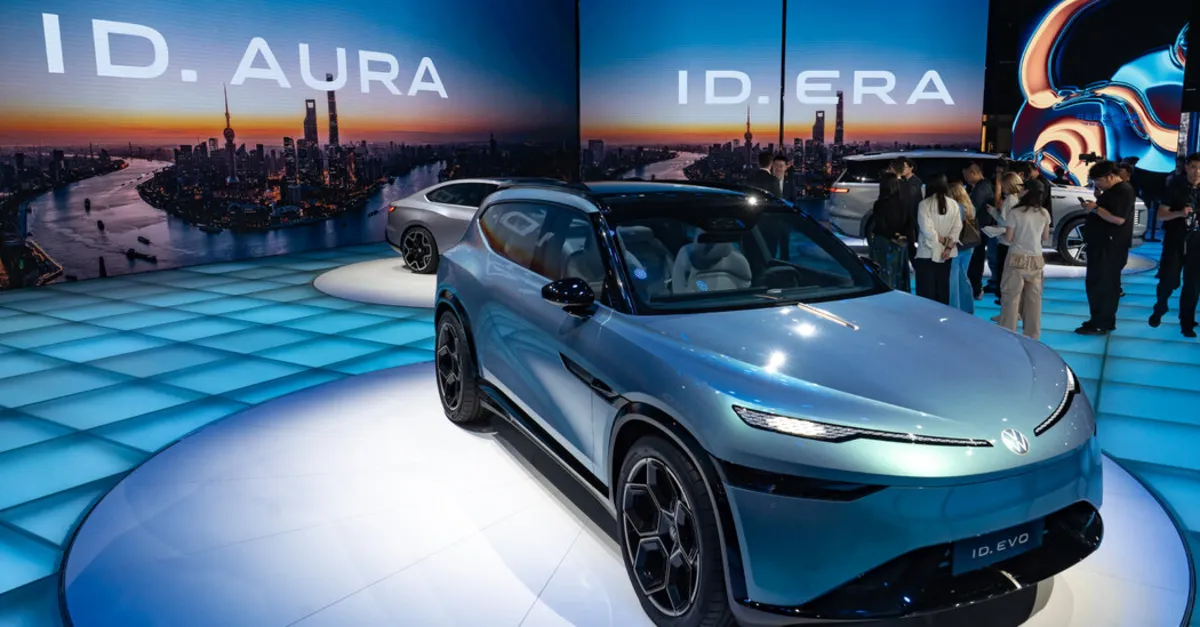
European companies, many of which have been operating in China for decades, are increasingly facing challenges that make it difficult to conduct business in the country. This shift is a clear indication of how China's weak domestic economy and opaque regulations are straining even the most established multinational business relationships. Companies that once thrived in this vast market are now navigating a landscape fraught with obstacles.
One of the most affected sectors is the automotive industry, where European automakers are rapidly losing market share. Compounding these challenges are various political difficulties that have emerged in recent years. For instance, Volkswagen made headlines last December when it agreed to sell its factory in Xinjiang, a region known for Beijing's repression of Muslim ethnic groups. This decision highlights the ethical dilemmas and political pressures European companies are now weighing in their operations.
Similarly, European pharmaceutical and medical imaging equipment companies are encountering significant barriers, having found themselves largely locked out of vast portions of the state-run health system. This exclusion has further diminished the prospects for growth and profitability in a market that was once seen as ripe with opportunity.
An extensive annual survey conducted by the European Chamber of Commerce in China revealed troubling trends. Released on Wednesday, the survey indicated that nearly three-quarters of European businesses believe it is becoming increasingly harder to operate in China. This marks the fourth consecutive year of deepening corporate pessimism, suggesting a troubling trajectory for European investment in the region.
The survey results also indicate a significant decline in the number of European companies planning to expand their operations in China, dropping to a record low of just 38 percent for this year. This statistic underscores the shifting attitudes toward investment in a country that was once a focal point for growth and innovation.
Despite these challenges, European investment has played a crucial role in introducing Western technology to China and facilitating the entry of Chinese products into global markets. The chamber, which represents approximately 1,700 companies ranging from industrial giants like VW to small businesses involved in global supply chains, has been assessing the challenges faced by companies in China for over 25 years.
Interestingly, the chamber’s survey also revealed a contradictory trend that could complicate President Trump's efforts to shield American manufacturing from Chinese exports through tariffs. While European businesses are reducing their own investments in China, many are simultaneously increasing their purchases of components from Chinese companies. This trend creates an even greater dependence on China within their supply chains, further complicating the geopolitical landscape.
As these developments unfold, European companies must carefully navigate the evolving business climate in China, balancing the potential for growth against the myriad challenges that lie ahead.